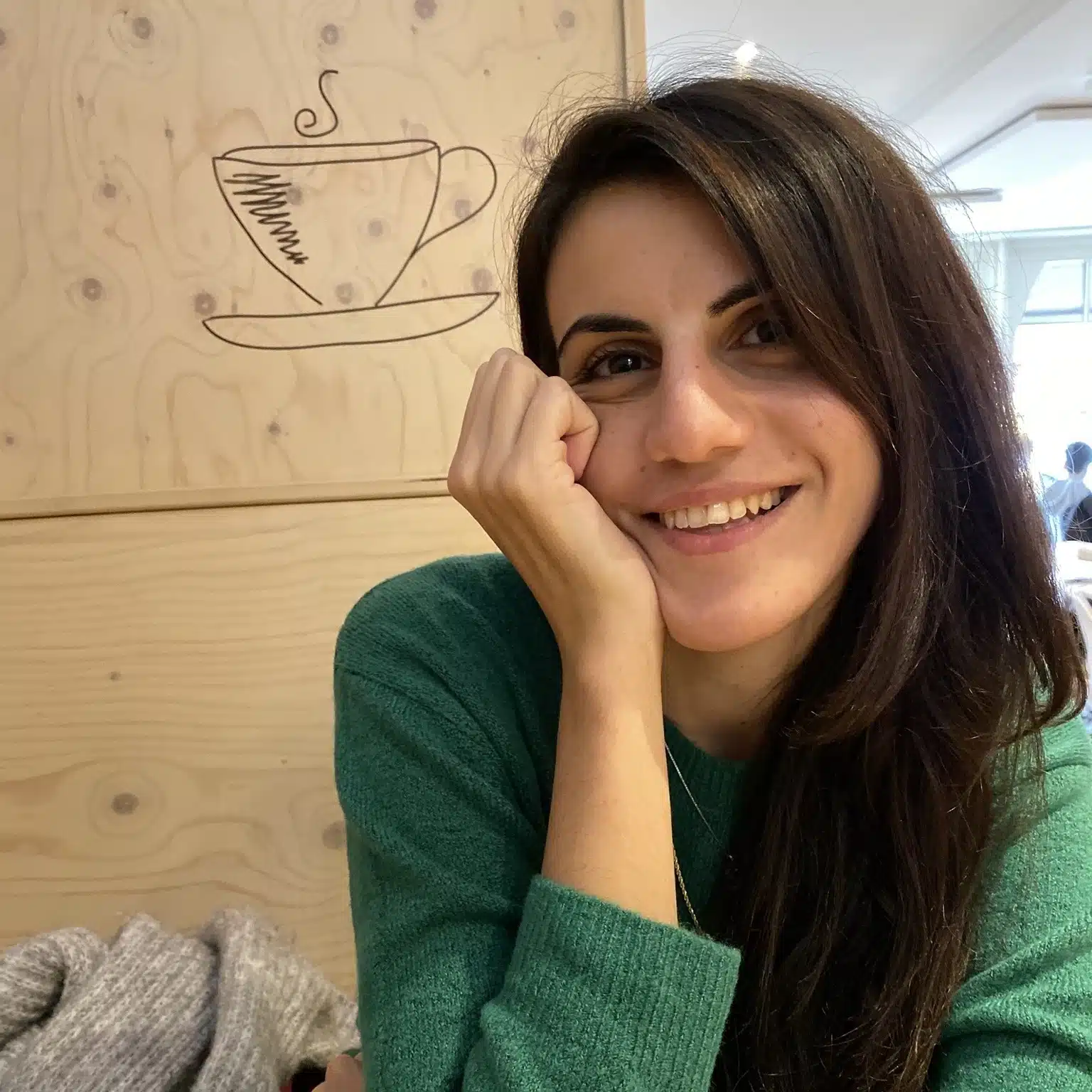Trovare and trovarsi: what’s the difference?
Whether you have just started your Italian learning journey or you are already a fluent Italian speaker. The moment you land in Italy, you will surely hear the Italian verb “trovare” in an array of different meanings and expressions.
Let’s un unravel the mystery about this particular verb.
1. Trovare = to find
First things first.
The most common meaning of ‘trovare‘ is ‘to find‘.
Examples:
- Ho appena trovato un nuovo appartamento in centro – I have just found a new flat in the city center.
Many times trovare comes with different meanings. For instance, when it appears in its reflexive form: trovarsi.
What’s the difference between trovare and trovarsi?
2. Trovarsi = to be situated
Trovarsi means to find yourself, o better to find yourself in a place, in other words, to be situated.
Frequently, Italians use the verb trovarsi to state or (to ask for) the location of something or someone.
Dove ti trovi? is the same as asking Dove sei?
Examples
- Milano si trova in Italia – Milano is (is situated) in Italy
- Dove ti trovi? Mi trovo vicino alla fermata dell’autobus – Where are you? I’m next to the bust station
3. Trovarsi bene o male = to feel at ease (or not)
Trovarsi also appears in several Italian expressions describing feelings and conditions.
‘Trovarsi bene’ o ‘trovarsi male‘ are used to say that we like or don’t like a condition.
- Mi trovo bene nel nuovo ufficio – I like (I feel at ease) in the new office
- Mi trovo male con il nuovo capo – I don’t like (I don’t feel at ease) with the new boss.
- Come ti trovi nel nuovo ufficio? – How do you like (how do you feel) the new office?
- Mi sono trovata bene con la nuova istruttrice di pilates – I liked ( I felt at ease with) the new pilates instructor.
4. Trovarsi = let’s meet
You can hear trovarsi in colloquial Italian conversations as a way to say “let’s meet.”
- Ci troviamo alle 6 davanti al cinema, OK? – let’s meet in front of the movie theater at 6, OK?







